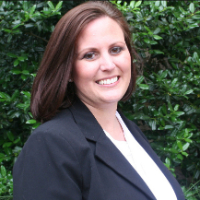Hardaway Child Custody Lawyer, Alabama
Includes: Guardianships & Conservatorships, Custody & Visitation
Sebrina Lynn Martin
✓ VERIFIEDDivorce & Family Law, Estate, Elder Law, Child Custody, Guardianships & Conservatorships
Ms. Martin has spent her entire legal career focused and specializing on family law, juvenille law
We specialize in helping you through a divorce that involves the custody of your children. We'll help protect you and your loved ones every step of th... (more)



